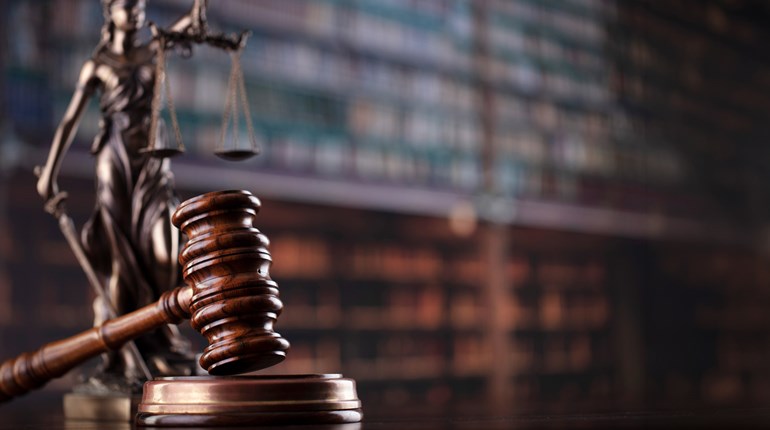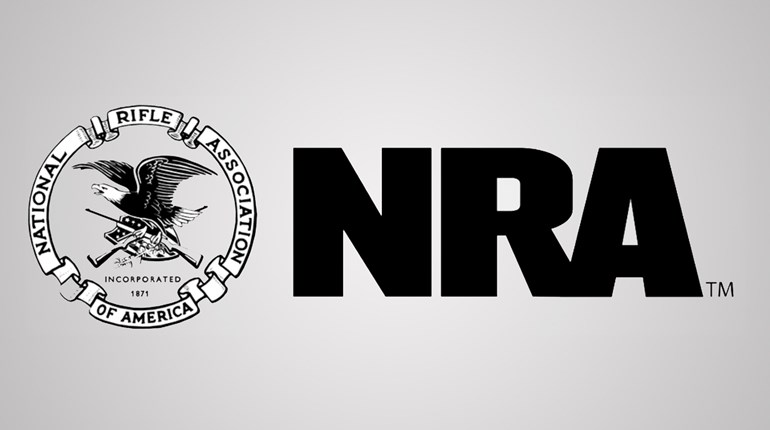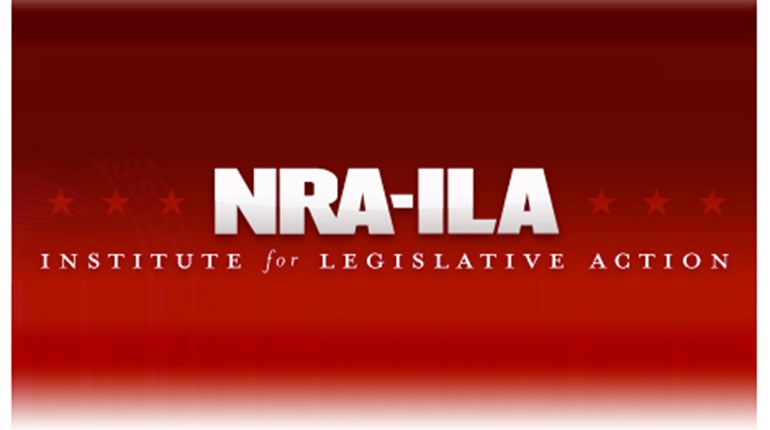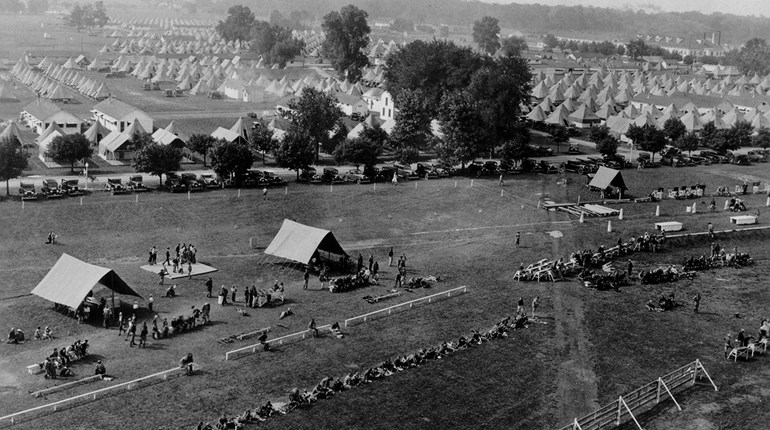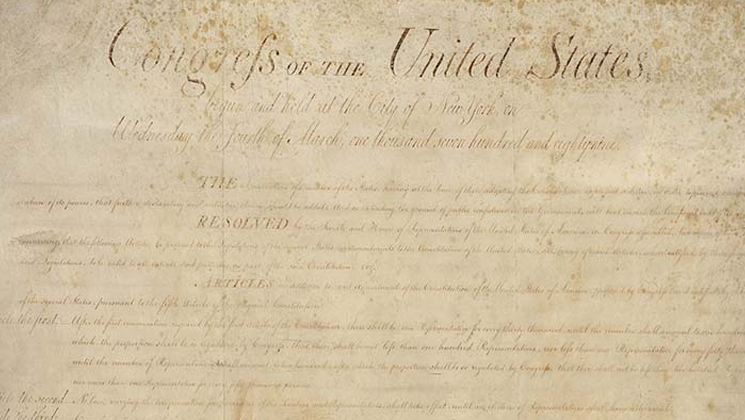
In 1776, America's Founders came together in Philadelphia to draw up a "Declaration of Independence," ending political ties to Great Britain. Written by Thomas Jefferson, the Declaration explains people's rights and how people create governments:
WE hold these Truths to be self-evident, that all Men are created equal, that they are endowed by their Creator with certain unalienable Rights, that among these are Life, Liberty, and the Pursuit of Happiness-That to secure these Rights, Governments are instituted among Men, deriving their just Powers from the Consent of the Governed.
In modern English: We don't get our rights from the government; we're born with those rights, and the government should protect them.
Eleven years later, after independence had been won, our Founders assembled once again to draw up a plan for governing the new nation. That plan became the Constitution of the United States of America.
During the debate over the Constitution, many Americans were worried that a strong federal government would trample on the individual rights of citizens, as the British had done. To protect the basic rights of Americans, the Founders added the first 10 amendments to the Constitution. Those amendments are known as the Bill of Rights. They represent the fundamental freedoms that are at the heart of our society, including the First Amendment freedoms of speech and religion, and the Second Amendment right of the people to keep and bear arms.
The meaning of the Second Amendment has been debated for decades. Does the Second Amendment protect an individual right for all Americans? Or does it only protect the right to keep and bear arms while participating in an organized force, such as the National Guard? Or does it only protect the "right" of the states to have a National Guard in the first place?
Some people have claimed there was no individual right to keep and bear arms. However, anyone who understands the Declaration of Independence knows that rights-by definition-belong to individuals. And in the Bill of Rights, the freedoms of religion, freedom of speech and the rest all refer to individual liberties.
The Second Amendment right to keep and bear arms is no different. The first Congress had no doubt about its meaning. Most of the Founders were gun owners and hunters. George Washington and Thomas Jefferson exchanged letters about their gun collections. The Founders had just finished winning their freedoms with guns in their hands, and soon passed a law requiring most male citizens to own at least one gun and 30 rounds of ammunition. They believed citizens should be able to protect themselves and their country against attacks on life and liberty.
So where did anyone get the idea that the Second Amendment doesn't protect an individual right? That theory was invented in the 20th century, by people who rejected what seemed like common sense to our Founding Fathers. Instead, they claimed that the Second Amendment only protects the government.
Now, the Supreme Court has thrown out that idea.
In 1975, Washington, D.C. passed some of the most extreme gun laws in the nation. Handguns were banned. All guns had to be stored disassembled and locked, making them useless for self-defense. City leaders claimed it would make the city safer. But Washington's murder rate soared, and our nation's capital soon became known as America's murder capital.
In 2003, a group of Washington residents filed a lawsuit challenging these harsh gun laws. They said that Washington's gun laws violated the Second Amendment because the laws took away the right to use firearms for self-defense, even in their own homes.
The first court that heard the case said that D.C.'s laws were constitutional. The residents appealed, and the appeals court agreed that the laws violated the right to keep and bear arms, after all.
Now, the city appealed. By 2008, the case, which by then was known as D.C. vs. Heller, had gone to the Supreme Court. To make their decision, the Supreme Court justices studied the words and history of the Second Amendment. In a 5-4 decision, the Supreme Court agreed with the citizens: The Second Amendment protects an individual right, not a "state's right." The decision struck down the District's laws that banned handguns and that kept people from using guns for self-defense in their homes.
No Supreme Court decision ever ends a political debate, though. Now, the NRA and citizens around the country are going to court to challenge states and cities with restrictive gun laws. But the landmark Heller decision provided a key answer to the most important part of the debate: The Second Amendment protects an individual right to keep and bear arms.













